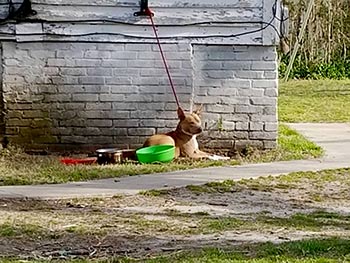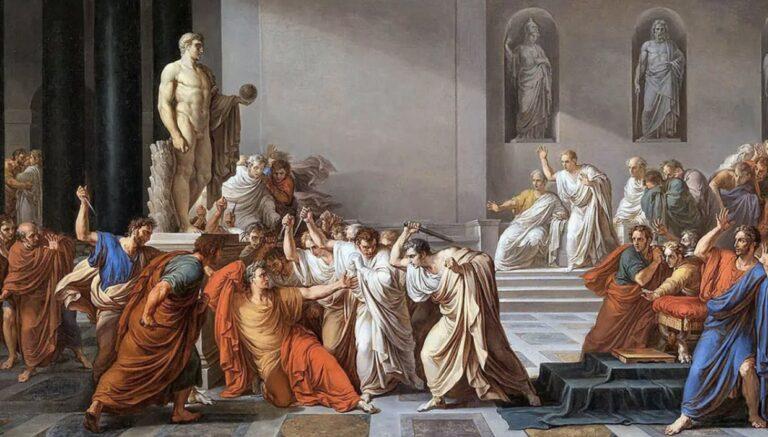The Washington Post reported this week that a Virginia state employee has complained that her eighth-grade daughter was upset during a tour of the historic governor’s residence when first lady Pam Northam handed raw cotton to her and another African American child and asked them to imagine being enslaved and having to pick the crop.
Northam’s office and one other parent of a child who was present said the first lady did not single out the African American students and simply handed out the cotton to a group.
The tour took place Feb. 21. The Governor and First Lady hosted a traditional gathering of about 100 young people who had served as pages during the state Senate session.
Normally, trained docents lead tours of the Executive Mansion, which was built with slave labor in 1813 and is the oldest active governor’s residence in the country. Pam Northam — a former middle school teacher — took groups of pages to an adjacent cottage that had long ago served as a kitchen.
Mrs. Northam held up samples of cotton and tobacco to a group of about 20 children and described the enslaved workers who picked it.
“Mrs. Northam then asked these three pages (the only African American pages in the program) if they could imagine what it must have been like to pick cotton all day,” wrote Leah Dozier Walker, who oversees the Office of Equity and Community Engagement at the state Education Department.
Okay, full stop.

The First Lady was only handing out cotton, and she did not single out
It just doesn’t take much to trigger these folks anymore.




Somehow, in some not quite definable way, this episode, for episode it is, serves to define just how stupid this nation has become since the time of its founding.
Next thing we know, all clothing labels with the word “cotton” on them will have to be removed, because the word “cotton” itself is associated with slavery.
It would seem to me as someone who lost an ancestor in that struggle against the Democrats who quit this country so they could maintain their slave-o-cracy, which was an extension of the Roman latifundia, that these children should be taught a bit of thankfulness, as I was when young that I was here and not in Europe after WWII, and gratitude that they are FREE, and not slaves.
What they should be taught is just how many white people who didn’t own slaves died so those “children” could have the protected lives they have today, where they can be pages, instead of field slaves.
There was a time when we to the north of the Old Dominion thought of Virginia as a place of statesmen.
Now?
And while all this hoopla in Virginia which has traumatized these children and perhaps scarred them psychologically for life is going on over cotton balls, which are sold by the bag in grocery stores up this way, and are used in the military by people of color to shine boots and brass, I frankly am reminded of Miss Hattie McDaniel (June 10, 1893 – October 26, 1952), a black woman who was the daughter of SLAVES, and who was an American stage actress, professional singer-songwriter, and comedian best known for her role as “Mammy” in Gone with the Wind (1939), for which she won the Academy Award for Best Supporting Actress, the first Academy Award won by an African American entertainer.
What a pleasant and positive counter-point she is to little whiny skulkers today like this MOST REVEREND little toxic sack of hate-filled pus Al Sharpton.
Unlike Al Sharpton, Hattie McDaniel was born to former slaves in Wichita, Kansas, and her father, Henry McDaniel (1845–1922), fought in the Civil War with the 122nd United States Colored Troops.
McDaniel was a songwriter as well as a performer and she honed her songwriting skills while working with her brother’s minstrel show.
GASP!
OMG!
A minstrel show!
OH NO, black people in blackface!
Oh, how terrible!
In addition to acting in many films, and instead of sitting there whining and crying about how hard it is to be a black woman in America, Hattie McDaniel made something of herself by recording 16 blues sides between 1926-1929 (10 were issued), and she was a radio performer and television star, and she was the first black woman to sing on radio in the United States, also appearing in over 300 films.
In addtion, McDaniel has two stars on the Hollywood Walk of Fame in Hollywood: one at 6933 Hollywood Boulevard for her contributions to radio and one at 1719 Vine Street for acting in motion pictures.
In 1975, she was inducted into the Black Filmmakers Hall of Fame and in 2006 became the first black Oscar winner honored with a US postage stamp.
I wonder if she would be traumatized by a cotton ball.
For her performance in the 1939 version of Gone With The Wind, as the house slave who repeatedly scolds her owner’s daughter, Scarlett O’Hara (Vivien Leigh), and scoffs at Rhett Butler (Clark Gable), McDaniel won the 1939 Academy Award for Best Supporting Actress, the first black American to win an Oscar.
She was the first black American to have been nominated.
“I loved Mammy,” McDaniel said when speaking to the white press about the character.
“I think I understood her because my own grandmother worked on a plantation not unlike Tara.”
And perhaps predictably, as her fame grew, McDaniel faced growing criticism from some members of the black community with groups such as the NAACP complaining that Hollywood stereotypes not only restricted blacks to servant roles but often portrayed blacks as lazy, dim-witted, satisfied with lowly positions, or violent.
In addition to addressing the studios, they called upon actors, and especially leading black actors, to pressure studios to offer more substantive roles and at least not pander to stereotypes.
They also argued that these portrayals were unfair as well as inaccurate and that, coupled with segregation and other forms of discrimination, such stereotypes were making it difficult for all blacks, not only actors, to overcome racism and succeed in the entertainment industry.
Quite predictably, some attacked McDaniel for being an “Uncle Tom”—a person willing to advance personally by perpetuating racial stereotypes or being an agreeable agent of offensive racial restrictions.
But to her credit, McDaniel characterized these challenges as class-based biases against domestics, a claim that white columnists seemed to accept.
And she reportedly said, “Why should I complain about making $700 a week playing a maid?”
“If I didn’t, I’d be making $7 a week being one.”
You go, girl!